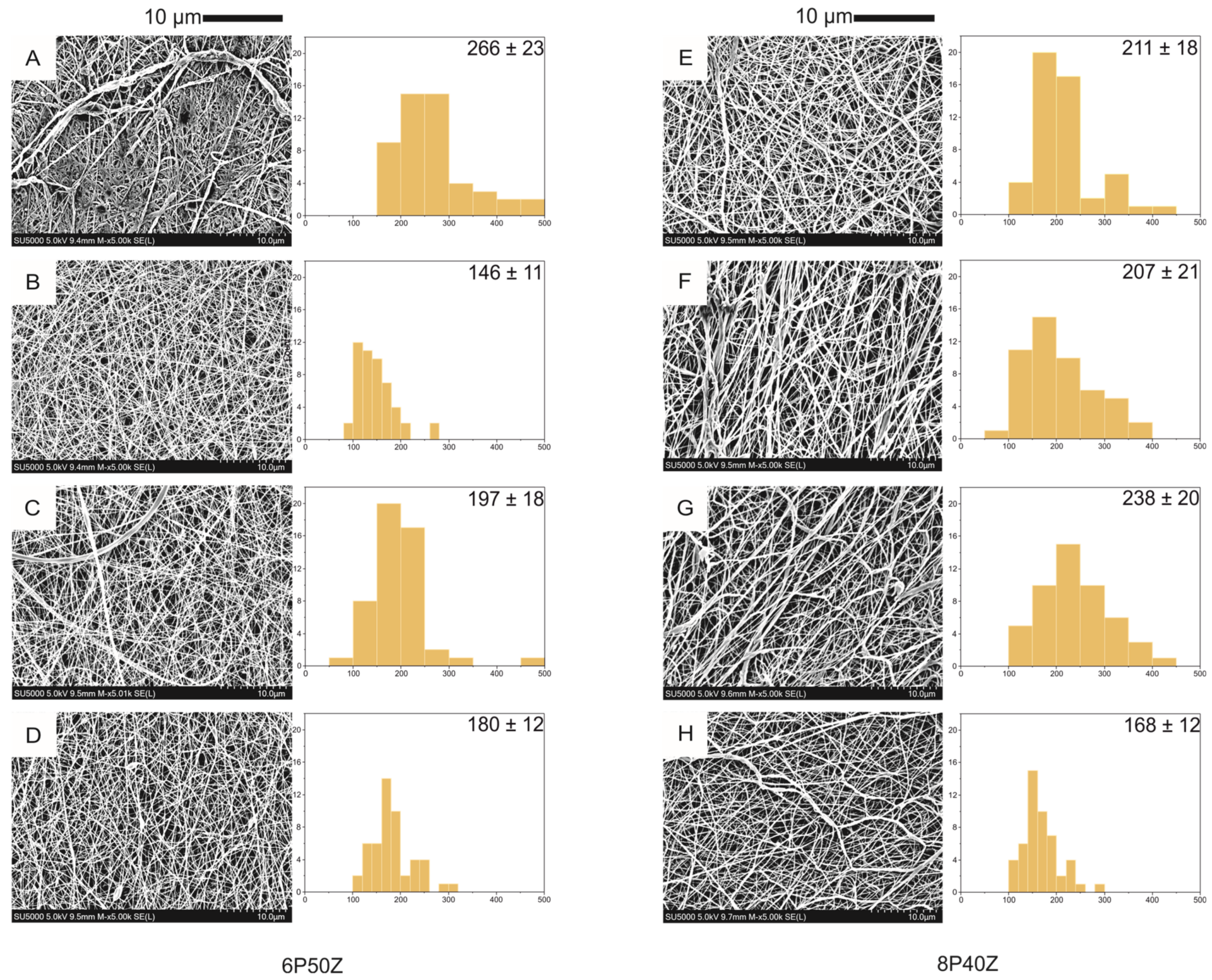Header image: Nanofiber morphology of PCL/zein electrospun mats prepared from a 70/30 vol./vol.
A recent publication titled “Co-electrospun PCL/Zein membranes as scaffolds for articular cartilage engineering” by the ETH team was featured in MDPI Bioengineering. This paper builds upon the research initially presented at ETH’s Materials and Processes seminar in 2022. The study explores the application of Zein, a corn protein widely used in food packaging and drug encapsulation industries, in the development of tissue engineering scaffolds for articular cartilage.
Through co-electrospinning, the team successfully reduced protein adsorption by half compared to scaffolds made solely of bovine serum albumin and equine synovial fluid. Additionally, the PCL/Zein membranes exhibited lower roughness when compared to pure PCL scaffolds. These favorable characteristics are believed to be attributed to the enhanced spreading of bovine chondrocytes cultivated on the membrane surfaces.
Overall, this research highlights the potential of co-electrospun PCL/Zein membranes as promising scaffolds for articular cartilage engineering, showcasing their improved protein adsorption properties and reduced surface roughness.
Check out the paper below:
Plath, A.M.S.; Huber, S.; Alfarano, S.R.; Abbott, D.F.; Hu, M.; Mougel, V.; Isa, L.; Ferguson, S.J. Co-Electrospun Poly(ε-Caprolactone)/Zein Articular Cartilage Scaffolds. Bioengineering 2023, 10, 771. https://doi.org/10.3390/bioengineering10070771

This article was written by André Plath as part of a series articles curated by BioTrib’s Early Stage Researchers.
André is one of BioTrib’s Early Stage Researcher‘s who is investigating Boundary Lubrication of Fibrous Scaffolds at ETH Zürich, Switzerland.

